Systemic Fungal Infection Treatment
Systemic fungal infection treatment. As mentioned earlier aspergillosis candidiasis and cryptococcosis are the most common systemic diseases caused by fungi. Thrush can be treated with oral antifungal medications. You may need to take antifungal tablets for up to 6 months.
Treatment for a fungal nail infection from a GP A GP can prescribe antifungal tablets. Infections antifungals can treat Fungal infections commonly treated with antifungals include. Currently the main antifungal therapeutics include polyenes azoles and echinocandins.
Triazole antifungal drugs have a role in the prevention and systemic treatment of fungal. Considerable progress in treating these infections is being achieved through better application of established available antifungal agents amphotericin B flucytosine miconazole and ketoconazole and through development of promising investigational agents fluconazole itraconazole. With invasive fungal sinusitis use of antifungal medications is required.
Systemic candidiasis is usually treated with oral or intravenous IV antifungal medications including echinocandin caspofungin micafungin or anidulafungin fluconazole and amphotericin B. Antifungal medicines are used to treat fungal infections which most commonly affect your skin hair and nails. The systemic treatment of common fungal infections is outlined below.
Systemic Candida is a fungal infection that has spread through the body. The oral drugs currently available in Australia for the treatment of cutaneous fungal infections include griseofulvin ketoconazole fluconazole itraconazole and terbinafine. Systemic fungal infections are largely treated with polyenes azoles or echinocandins depending on the fungal pathogen and the clinical condition of the.
AB - Fungal infections of the upper extremity are of four main types. Treatment of yeast infections depends on their severity. Antifungal medications can be used as well but usually not without a surgery.
Invasive candidiasis is an infection caused by a yeast a type of fungus called Candida. Cutaneous subcutaneous deep and systemic.
As far as the treatment is concerned the use of antifungal drugs is the first step towards stopping the fungi from growing further.
Treatment usually requires a combination of surgical excision and systemic antifungal therapy with Amphotericin B. You can get some antifungal medicines from a pharmacy without needing a GP prescription. Thrush can be treated with oral antifungal medications. 22 linhas Drugs used to treat Systemic Fungal Infection. AB - Fungal infections of the upper extremity are of four main types. Triazole antifungal drugs have a role in the prevention and systemic treatment of fungal. Initiation of therapy for systemic fungal infections is empirical and should be based on local epidemiology. The systemic treatment of common fungal infections is outlined below. Currently the main antifungal therapeutics include polyenes azoles and echinocandins.
Antifungal medicines are used to treat fungal infections which most commonly affect your skin hair and nails. Cutaneous subcutaneous deep and systemic. AB - Fungal infections of the upper extremity are of four main types. You may need to take antifungal tablets for up to 6 months. Treatment modalities for systemic mycoses are still limited. Antifungals systemic use Fungal infections. But before they give you tablets they should take a sample of your nail and have it tested to find out what type of infection you have.



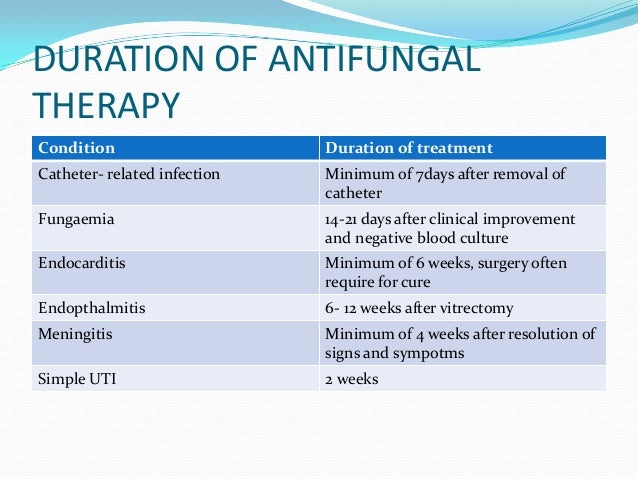

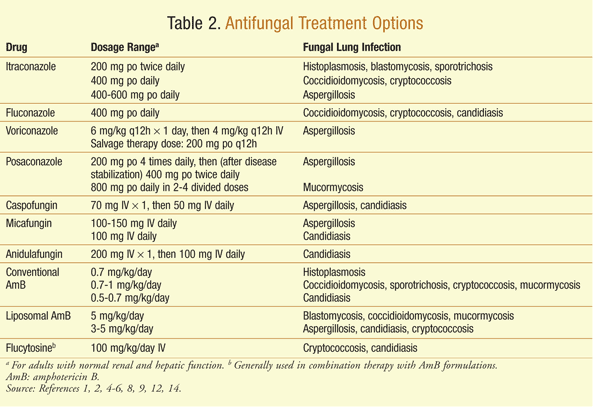
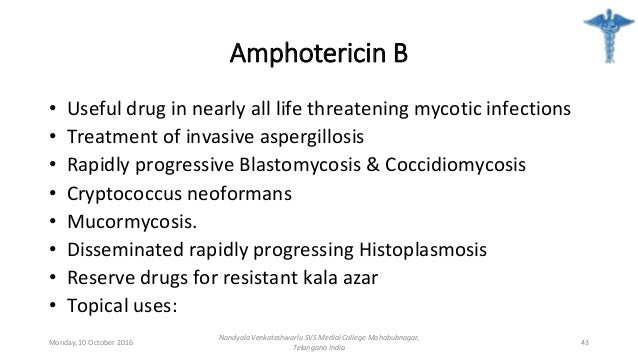

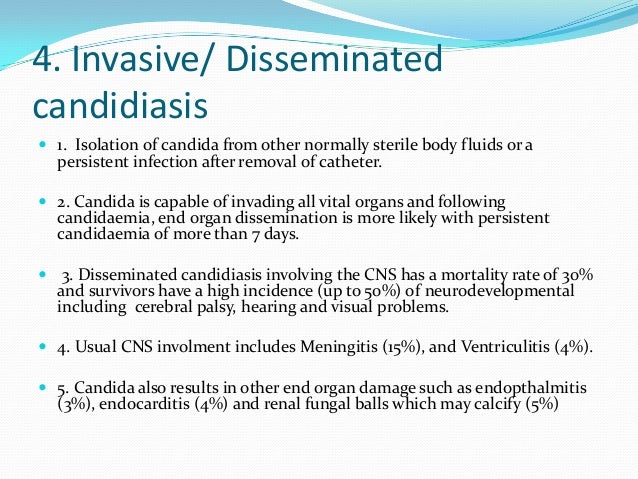

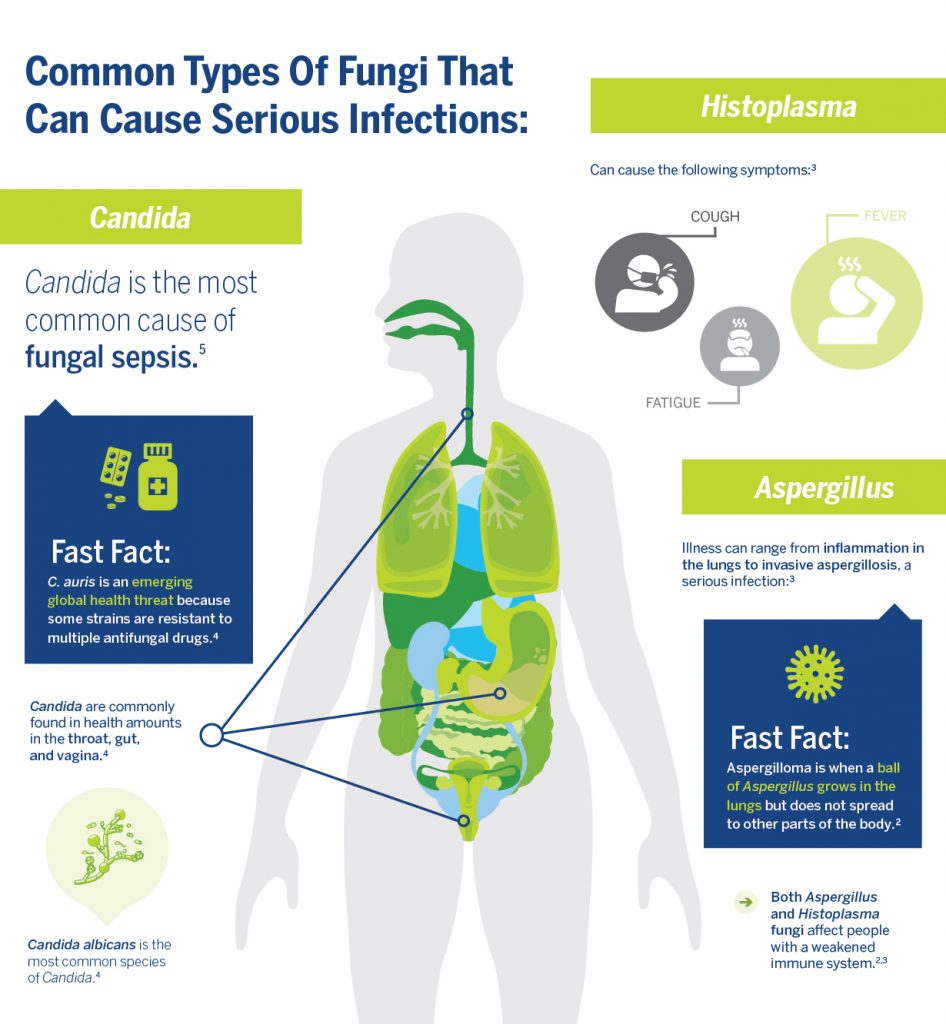


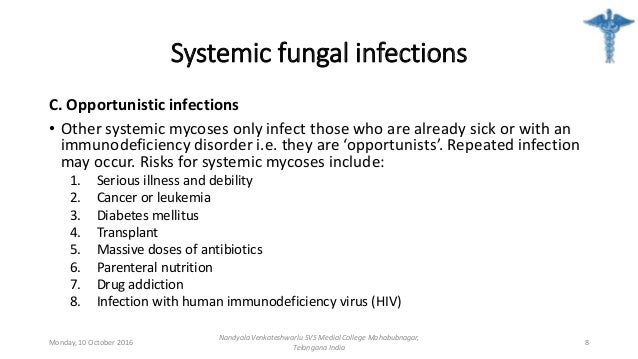



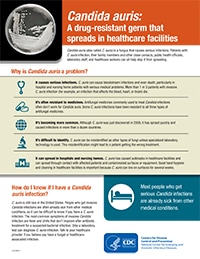
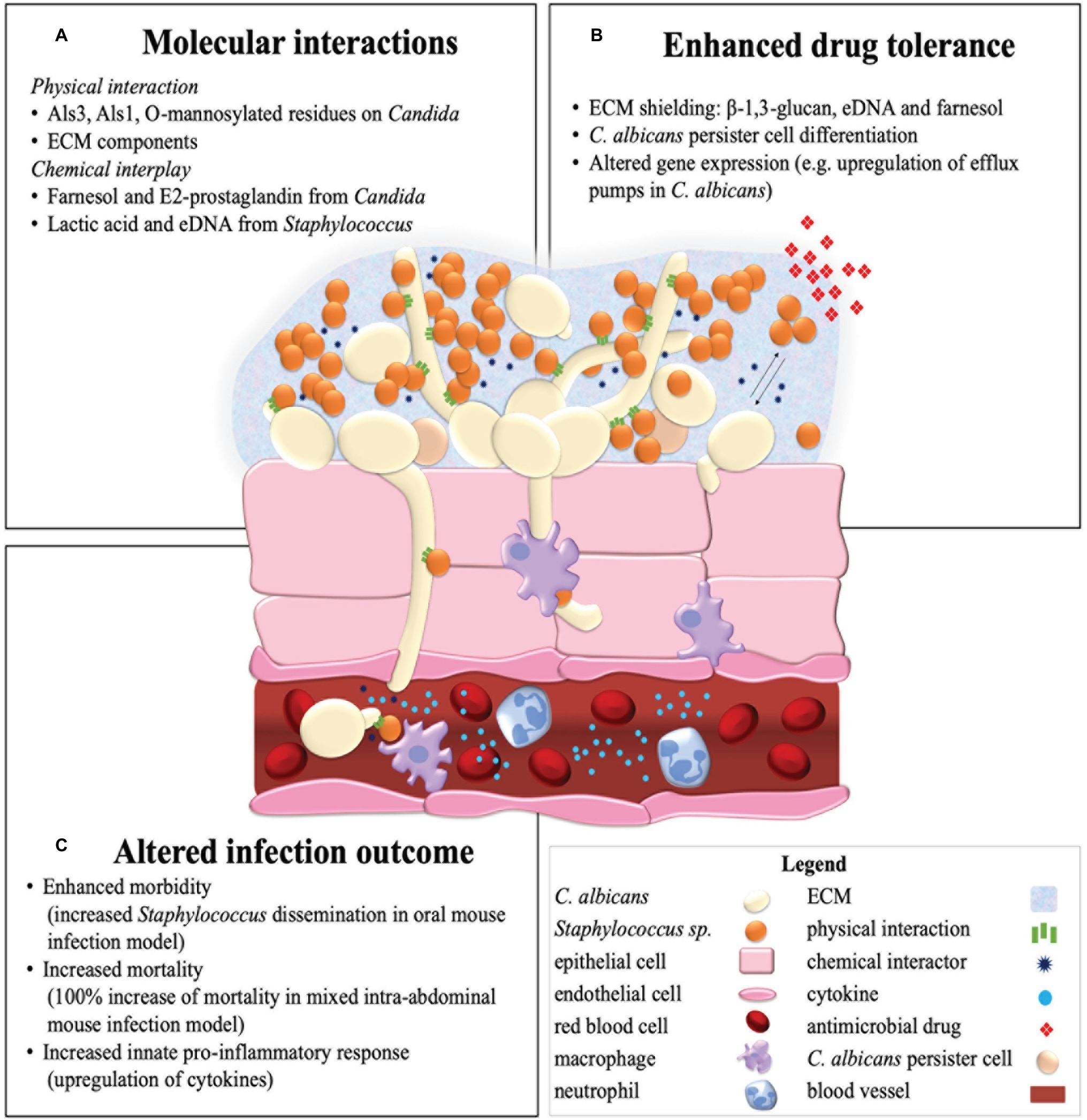
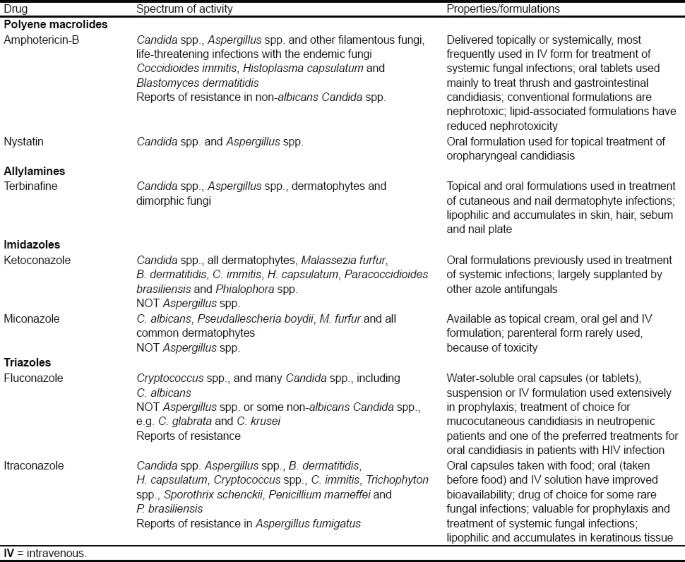
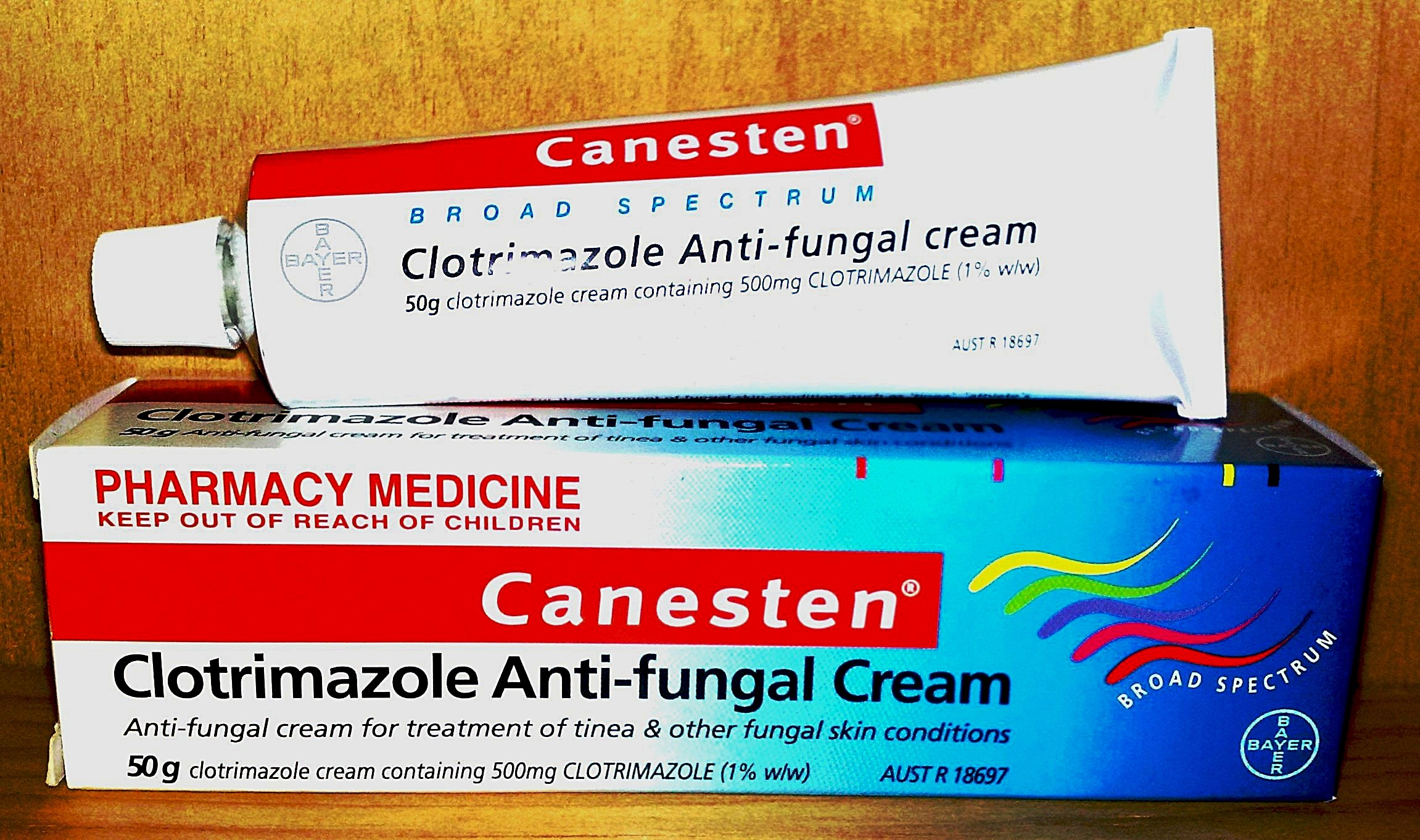





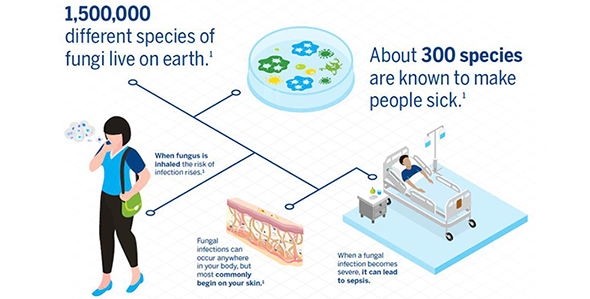


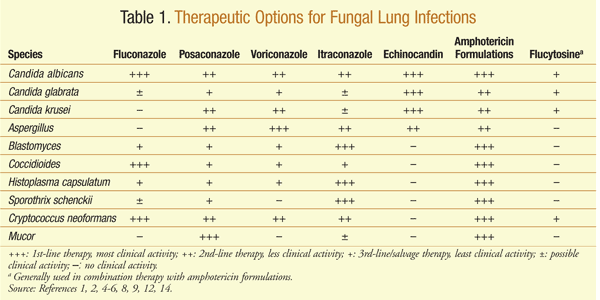

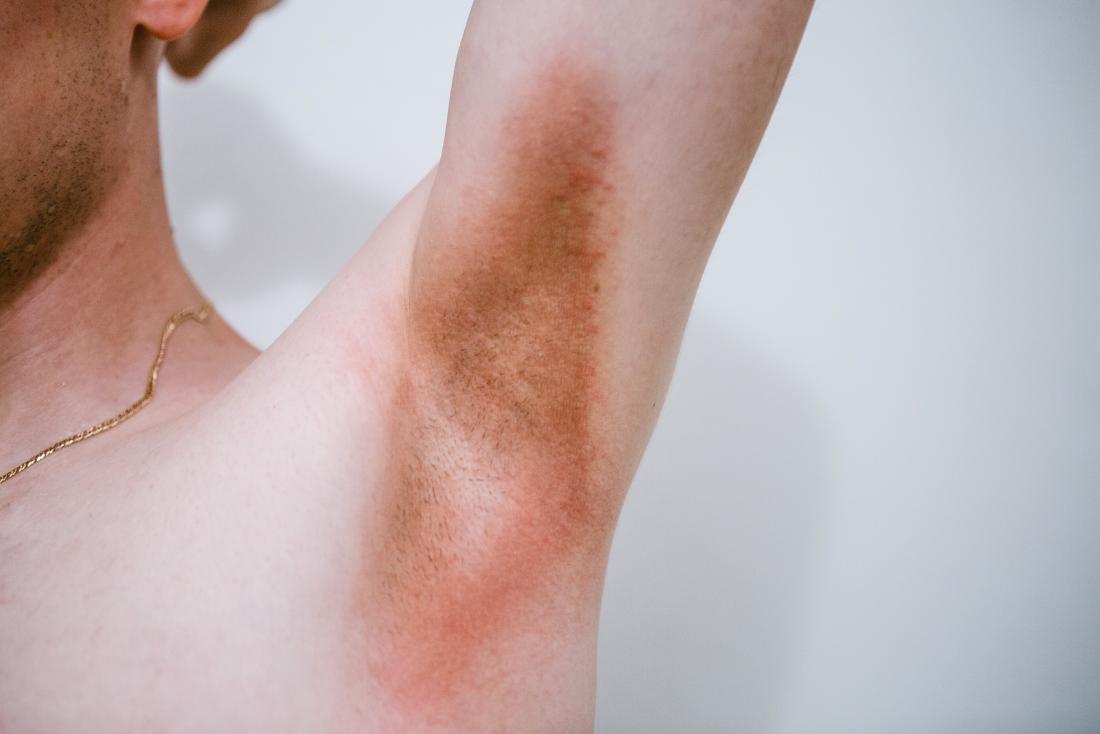
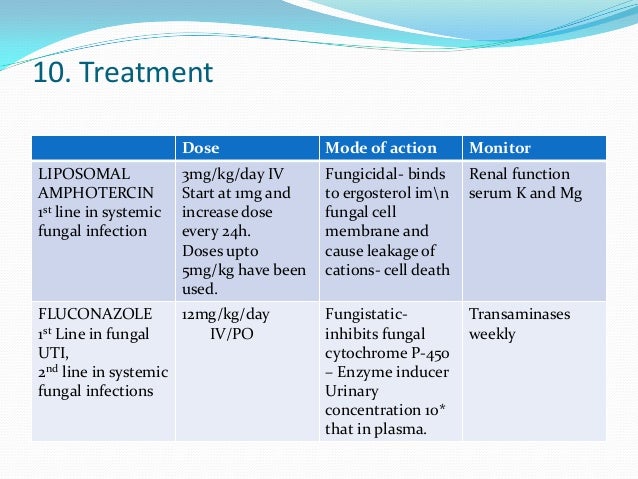
:max_bytes(150000):strip_icc()/vaginal-yeast-infections-overview-3521202_color1-5c773bccc9e77c0001e98dc1-5bc8fbef02bc415b8c2ebbe292936100.png)


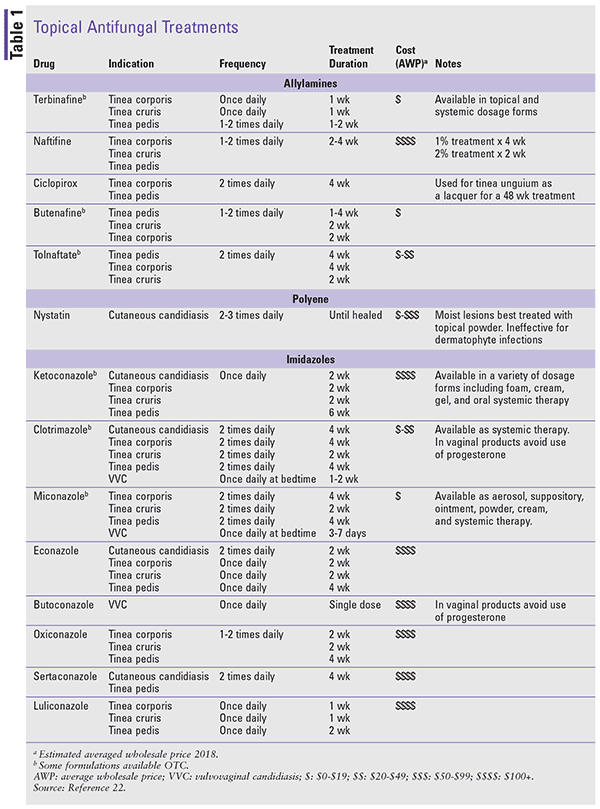
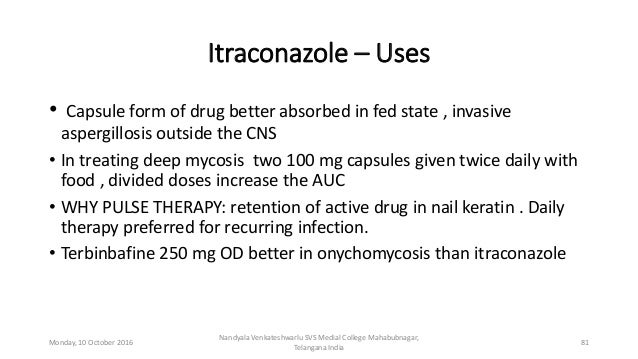

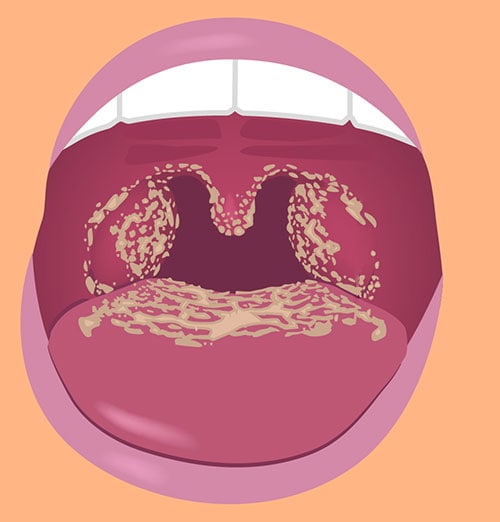
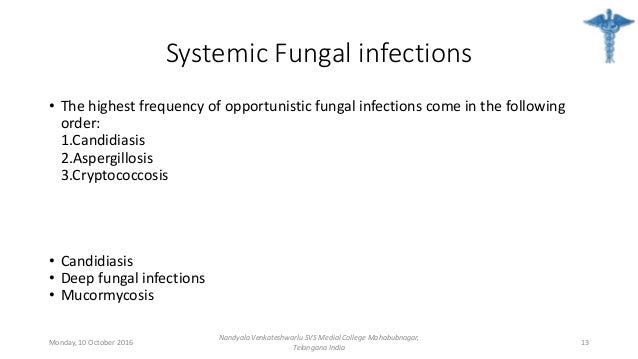

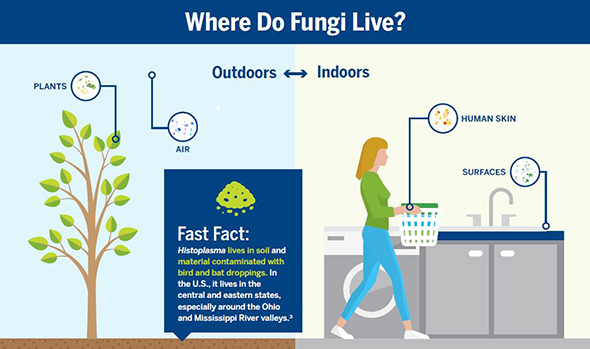



Post a Comment for "Systemic Fungal Infection Treatment"